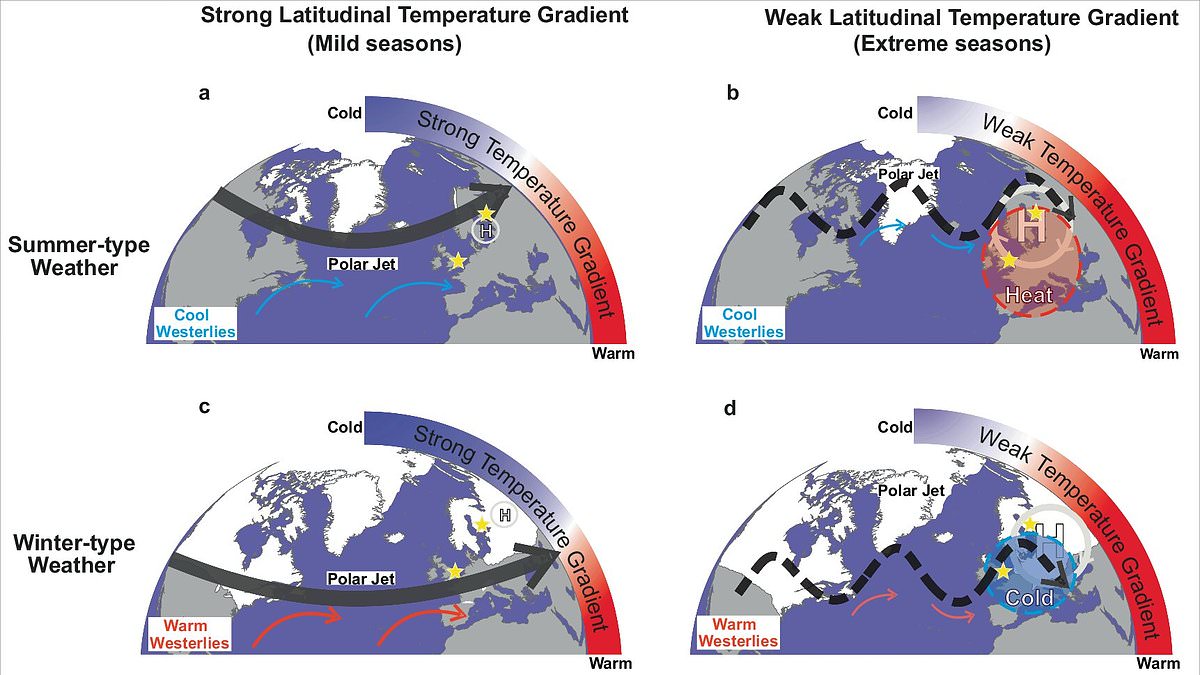Home / Environment / UK Summers Could Stretch to 8 Months by 2100
UK Summers Could Stretch to 8 Months by 2100
20 Nov, 2025
Summary
- British summers may last eight months by 2100.
- Longer summers are linked to Arctic warming and slower jet streams.
- Extended summers pose risks to agriculture and heatwaves.

By 2100, British summers may extend to an unprecedented eight months, according to a new study. This dramatic shift is driven by a decrease in the 'latitudinal temperature gradient' between the Arctic and the equator. As the Arctic warms four times faster than the global average, the jet stream that typically brings cooler air to Europe slows down, allowing warm weather patterns to dominate for longer periods.
Researchers analyzed ancient climate data from lake sediments, revealing that the length of summer is directly correlated with this temperature gradient. For every one-degree Celsius decrease in the gradient, Europe experiences an additional six days of summer. Current trends suggest an addition of 42 days by 2100, exceeding conditions seen thousands of years ago and driven by human-induced warming.
The consequences of such prolonged summers are significant. Agriculture faces major disruptions due to longer growing seasons that leave soils less time to recover and increase water stress. Furthermore, the heightened risk of heatwaves and droughts presents considerable challenges for public health and exacerbates the impact of climate change on ecosystems.




